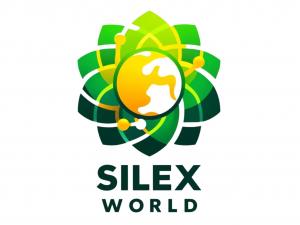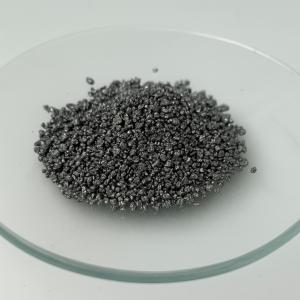Rare Earth Elements Supply Chain Resets as U.S. and Europe Move to RE Independence
A clean, modular rare earth refining breakthrough—onshore, China-free, scalable now. Powering defence, EVs, and tech without toxic legacy or dependence.
LEEDS, YORKSHIRE, UNITED KINGDOM, July 21, 2025 /EINPresswire.com/ -- Efforts are underway in several countries to diversify rare earth refining capacity and reduce dependency on China-origin materials. These include initiatives focused on both primary refining and the development of secondary supply through recycling and urban mining.Urban mining—the recovery of rare earths from used electronics, magnets, batteries, and industrial waste—offers a potential alternative to traditional extraction. In many cases, rare earth concentrations in end-of-life components exceed those found in natural ores. For instance, NdFeB (neodymium–iron–boron) motor magnets can contain high levels of neodymium and dysprosium, which are among the most critical and supply-constrained REEs.
Some research and technology groups have developed modular systems aimed at decentralised, clean rare earth recovery. These processes are designed to operate without China-sourced reagents and equipment and seek to avoid environmentally harmful techniques such as acid leaching or solvent-heavy separation methods. Such approaches are part of broader efforts to establish more sustainable and resilient supply chains within Europe and allied countries.
Policy Context and Strategic Outlook
Policy responses to rare earth dependence are beginning to accelerate. In addition to the U.S. defense investment, India has recently banned e-waste exports to China, and both the European Union and the UK are formulating national strategies aimed at improving domestic REE supply capabilities.
To establish a reliable and diversified rare earth economy, several measures are being discussed:
Public-private partnerships to build domestic refining infrastructure;
Support for recycling and urban mining initiatives;
Procurement alignment and strategic offtake agreements;
Export controls on waste streams containing recoverable critical materials.
Conclusion
Rare earth elements are deeply embedded in the functioning of modern technological systems and future-facing industries such as renewable energy, artificial intelligence, and defense. Without regional capacity to process and recycle these materials, many advanced economies remain exposed to disruption and external influence.
Efforts to localise, decarbonise, and secure rare earth supply chains—whether through new extraction, urban mining, or cleaner refining technologies—are likely to form a central part of industrial policy in the coming decade.
About Silex World
Silex World is a rare earth technology company focused on clean, modular refining systems for the recovery and processing of rare earth elements. A University of Leeds spinout, the company develops scalable solutions that reduce dependence on imports and align with the environmental and strategic goals of modern industrial policy. Silex World partners with leading chemists, engineers, and strategists to advance secure, sustainable rare earth supply chains across the UK and Europe.
Clem Chambers
Silex World
+44 7971 629707
clem@silexworld.com
Visit us on social media:
LinkedIn
X
Legal Disclaimer:
EIN Presswire provides this news content "as is" without warranty of any kind. We do not accept any responsibility or liability for the accuracy, content, images, videos, licenses, completeness, legality, or reliability of the information contained in this article. If you have any complaints or copyright issues related to this article, kindly contact the author above.


